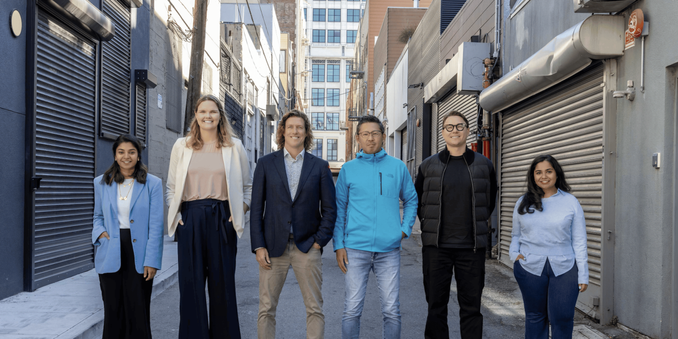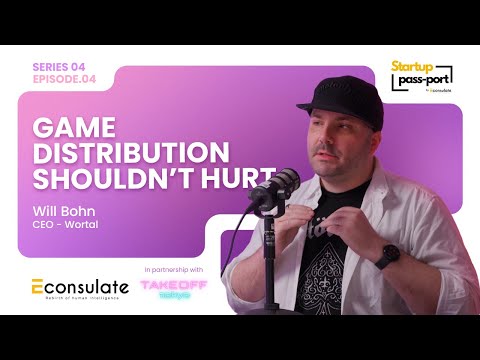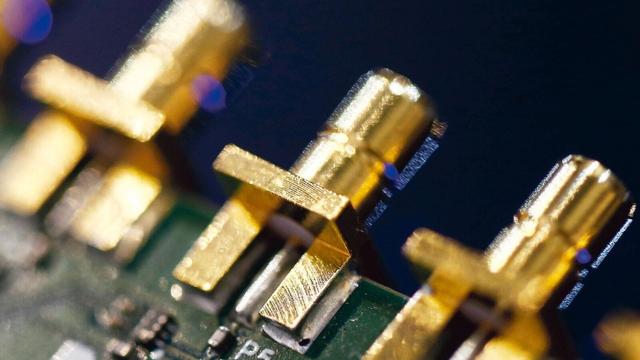https://www.europesays.com/2196843/ Eucalyptus relaunches Compound in the UK ahead of Australian return — Capital Brief #australia #healthcare #startups
Recent searches
Search options
#startups
https://www.europesays.com/2195671/ Business Owner ‘Who Started In A Skip’ Meets The King #BritishRoyalFamily #charles #CharlesIII #information #KingCharles #News #RoyalFamilies #RoyalFamily #SmallBusinessNews #StartUps #stories
A startup building massive, bullet-shaped helium balloons that float in the stratosphere has raised $15 million from SoftBank. https://www.japantimes.co.jp/business/2025/06/26/companies/softbank-backs-floating-climate-station-startup/?utm_medium=Social&utm_source=mastodon #business #companies #softbank #investments #sceye #startups #climatechange

https://www.europesays.com/2193246/ Exclusive: Counterpart Ventures closes $132 million third fund to link CVCs and startups #business #Entrepreneurship #PrivateEquity #startups #TermSheet #VentureCapital
https://www.europesays.com/2191276/ Türkiye supports 100 tech startups for global expansion #business #Entrepreneurship #startups #technology
Japanese startup Ispace has concluded that a hardware anomaly in a laser-based landing sensor caused the failure of its Mission 2 lunar landing earlier this month, the company announced Tuesday. https://www.japantimes.co.jp/news/2025/06/24/japan/science-health/ispace-crash-cause/?utm_medium=Social&utm_source=mastodon #japan #sciencehealth #startups #moon #ispace #space
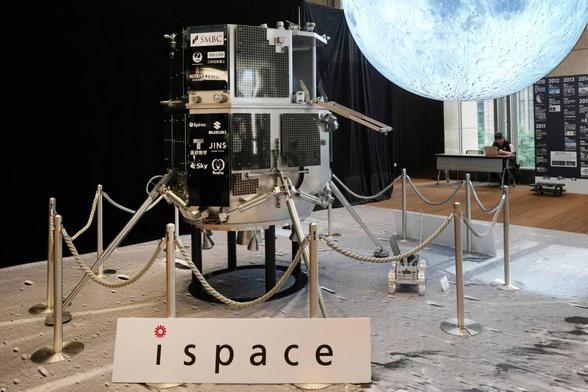
https://www.europesays.com/?p=2189697 Rabitat, TRULiV, Utopia Therapeutics secure early-stage funding #business #DSGConsumerPartners #Entrepreneurship #Rabitat #RoshanAbraham #RPSGCapital #startups #TMT #TRULiV #UtopiaTherapeutics #VentureCapital
Amid a rise in bee die-offs in the U.S., Beewise’s hives can provide constant insights on colony health using artificial intelligence, as well as treatment should it start to falter. https://www.japantimes.co.jp/environment/2025/06/24/wildlife/robotic-hives-ai-bee-colony/?utm_medium=Social&utm_source=mastodon #environment #wildlife #bees #ai #startups
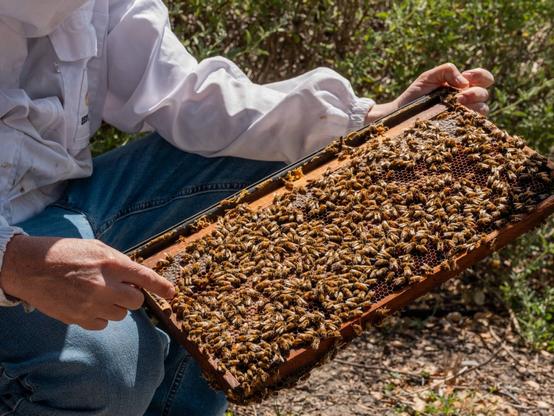
It was great to have the opportunity to explain how Wortal.AI helps developers on Startup Pass-port by Econsulate together with Takeoff Tokyo! Everything was very professionally done; and I think the final product shows.
- Youtube: https://www.youtube.com/watch?v=f_RwLwKjzCA
- Apple Podcast: https://podcasts.apple.com/us/podcast/gaming-without-borders-wortels-global-vision-takeoff/id1756388316?i=1000711250932
- Spotify Podcast: https://open.spotify.com/episode/5jK0unFCTDthd3LZkd9caM?si=QiTemeZHQvuZI8Rl7Q82Ew&nd=1&dlsi=c871c31261264ea7
https://www.europesays.com/2184231/ Beyond Unicorns: Why India's Startup Ecosystem Must Rethink Growth and Governance – outlookbusiness.com #business #Entrepreneurship #FundingEcosystem #StartupFunding #startups
JETLAG RADIO 3525 #podcast ⨊️
λ
&
@Spotify https://open.spotify.com/playlist/0zBy0yaNSfrkIUP8r6ns1O?si=e1e010c8718a4f5a #music #musictherapy #radio #Spotify #SpotifyPlaylist #startups #LaFrenchTechSF #mentalhealth #emotionalsupport #BMWorAudi #M5Touring #RS6Avant iamzaki.eth

https://www.europesays.com/2180744/ Japan’s BeyondNext plans $50 million India fund to back deeptech, AI, semiconductor startups #AI #BeyondNext #business #deeptech #Entrepreneurship #IndiaFund #semiconductors #startups #VentureCapital
The epitome of Silicon Valley: a startup to help people “cheat on everything.” Best three-word summary of the history of America from 1492 onwards.
The perfect Trump-era fraud.
And OF COURSE a16z would rush in to fund this crap.
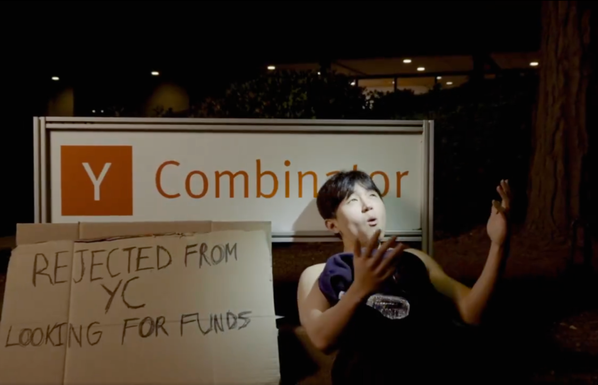
JETLAG RADIO 3500 #podcast ⨊️
λ
&
@Spotify https://open.spotify.com/playlist/04QdKIpa81AOFfobZY1Gvq?si=c357ff0c24bb46c3 #music #musictherapy #radio #Spotify #SpotifyPlaylist #startups #LaFrenchTechSF #mentalhealth #emotionalsupport #PleaseSupport #NeedNewCar #RS6Avant #Future iamzaki.eth

Shibuya, Tokyo's coolest ward, is offering international entrepreneurs free space, a good address and a wide range of support services. https://www.japantimes.co.jp/business/2025/06/18/shibuya-foreign-startups/?utm_medium=Social&utm_source=mastodon #business #startups #shibuyaward #entrepreneurs #investments

Dr. Timnit Gebru and @DAIR have a clear, direct set of recommendations for how to create AI that has value, and that is responsive to actual customers, shareholders, and workers, not Silicon Valley oligarchs:
https://hai.stanford.edu/news/timnit-gebru-ethical-ai-requires-institutional-and-structural-change
https://techwontsave.us/episode/151_dont_fall_for_the_ai_hype_w_timnit_gebru
https://www.europesays.com/2171193/ The real reason Spain’s economy is bucking the trend of European decline #commentary #Economy #EconomyOfEU #EconomyOfTheEU #Environment #EUEconomy #Europe #Finance #spain #startups #tech
The best way to predict the future is to implement it.
— Alan Kay




